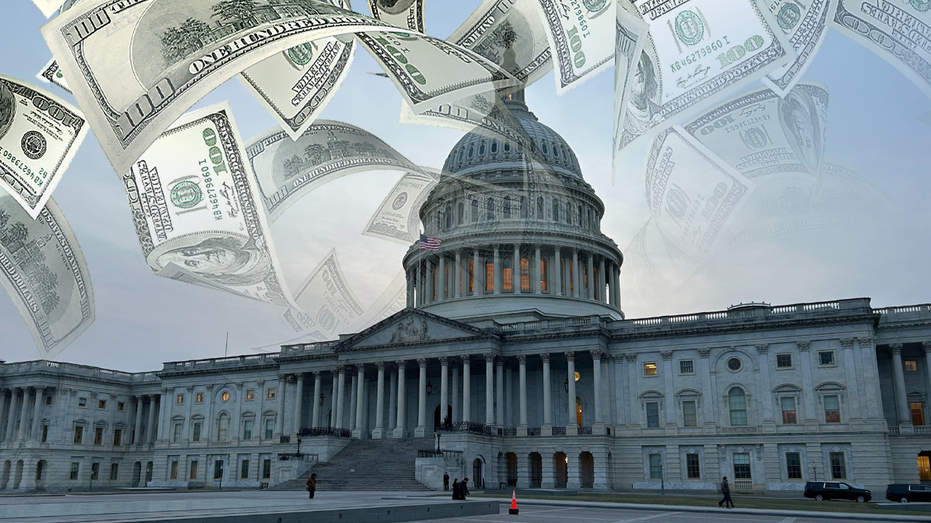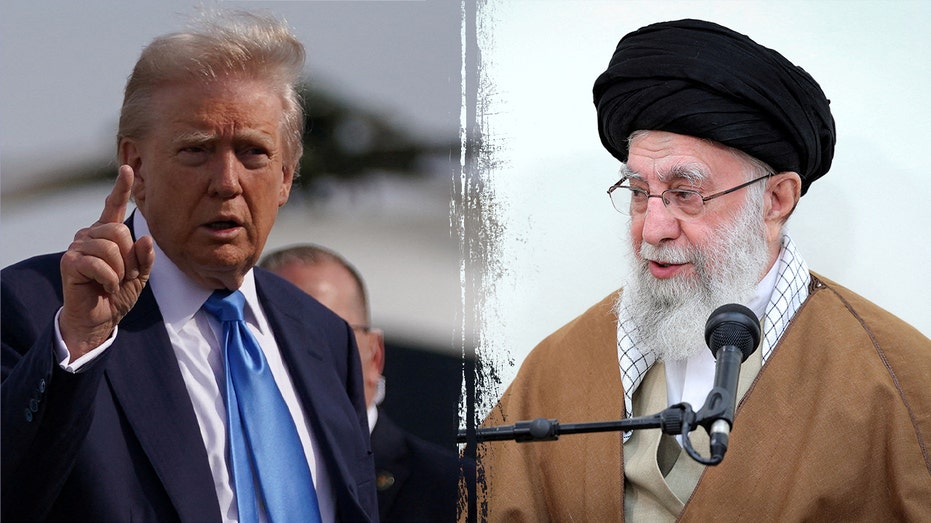President Donald Trump’s $9.4 billion spending cuts package survived a key hurdle on Wednesday afternoon, setting the measure up for a final House-wide vote later this week.
Trump’s proposal, which was introduced as legislation by House Majority Leader Steve Scalise, R-La., would cut $8.3 billion from the U.S. Agency for International Development (USAID), and just over $1 billion from the Corporation for Public Broadcasting.
The Corporation for Public Broadcasting distributes federal funding to NPR and PBS.
The House of Representatives made a procedural motion known as a “rule vote,” which passed mostly along party lines.
MIKE JOHNSON, DONALD TRUMP GET ‘BIG, BEAUTIFUL’ WIN AS BUDGET PASSES HOUSE
The rule passing now allows for debate on the $9.4 billion spending cut measure, followed by a final House-wide vote.
But it’s not atypical for House leaders to include unrelated measures in rule votes, as is the case with the spending cuts package – House GOP leaders included a provision with minor changes to Trump’s “one big, beautiful bill” to account for the Senate needing to amend the bill.
That latter piece of legislation, a vast tax and immigration bill, is moving through the budget reconciliation process.
By dropping the Senate’s threshold for advancement from 60 votes to 51, it allows the party in power to skirt the minority – in this case, Democrats – on vast pieces of legislation, provided they adhere to a specific set of budgetary rules.
House GOP leaders said they needed to make the recent changes to the bill to better adhere to the Senate’s “Byrd Bath,” when the Senate parliamentarian reviews the bill and removes anything not adhering to reconciliation guidelines.
Whereas that deals with the government’s mandatory spending processes that are more difficult to amend, the $9.4 billion spending cuts package tackles discretionary spending that Congress controls every year.
It’s called a “rescissions package,” which is a formal proposal by the White House to claw back federal funds already allocated for the current fiscal year.
Like reconciliation, the mechanism allows for a 51-vote majority in the Senate rather than 60. Congress has 45 days to consider it, or it is deemed rejected.
Republican leaders have held up this rescissions package as the first step to codifying the billions of dollars of government waste identified by Elon Musk’s Department of Government Efficiency (DOGE).
Trump allies have also made clear they view this first package as a test of what kind of cuts congressional Republicans can stomach.
MCCAUL TOUTS MONEY IN TRUMP TAX BILL TO PAY TEXAS BACK FOR FIGHTING BIDEN BORDER POLICIES
And while the rule vote was expected to pass, the bill could have trouble ahead of its expected Thursday afternoon vote.
Rep. Mark Amodei, R-Nev., pointed out in a bipartisan statement that the media funding represents less than 0.01% of the federal budget and said taking that money away would “dismantle a trusted source of information for millions of Americans.”
Rep. Don Bacon, R-Neb., told reporters on Tuesday that he got assurances that USAID cuts would exclude critical medical funding.
“I feel better than what I was hearing last week, that was gonna be a total cut,” he said, without revealing whether he would support the bill.



